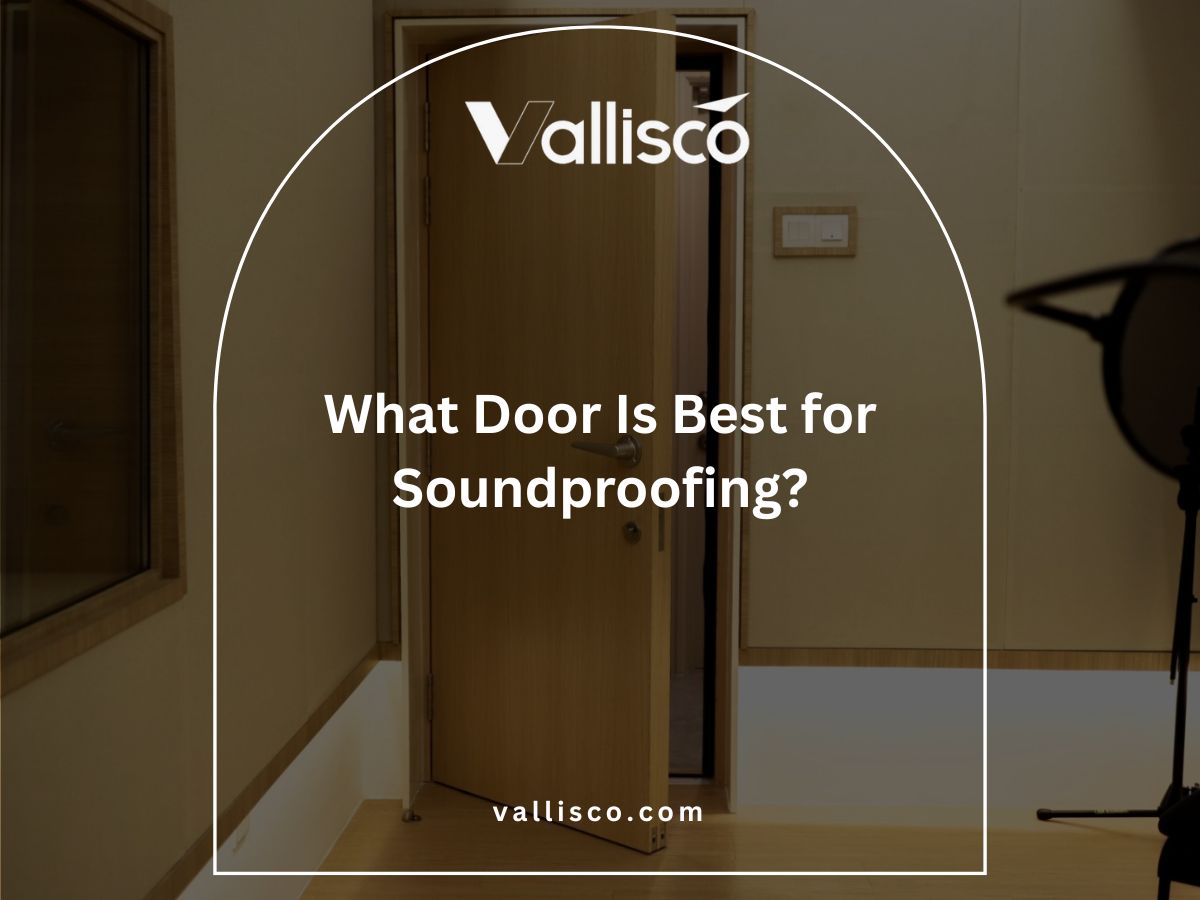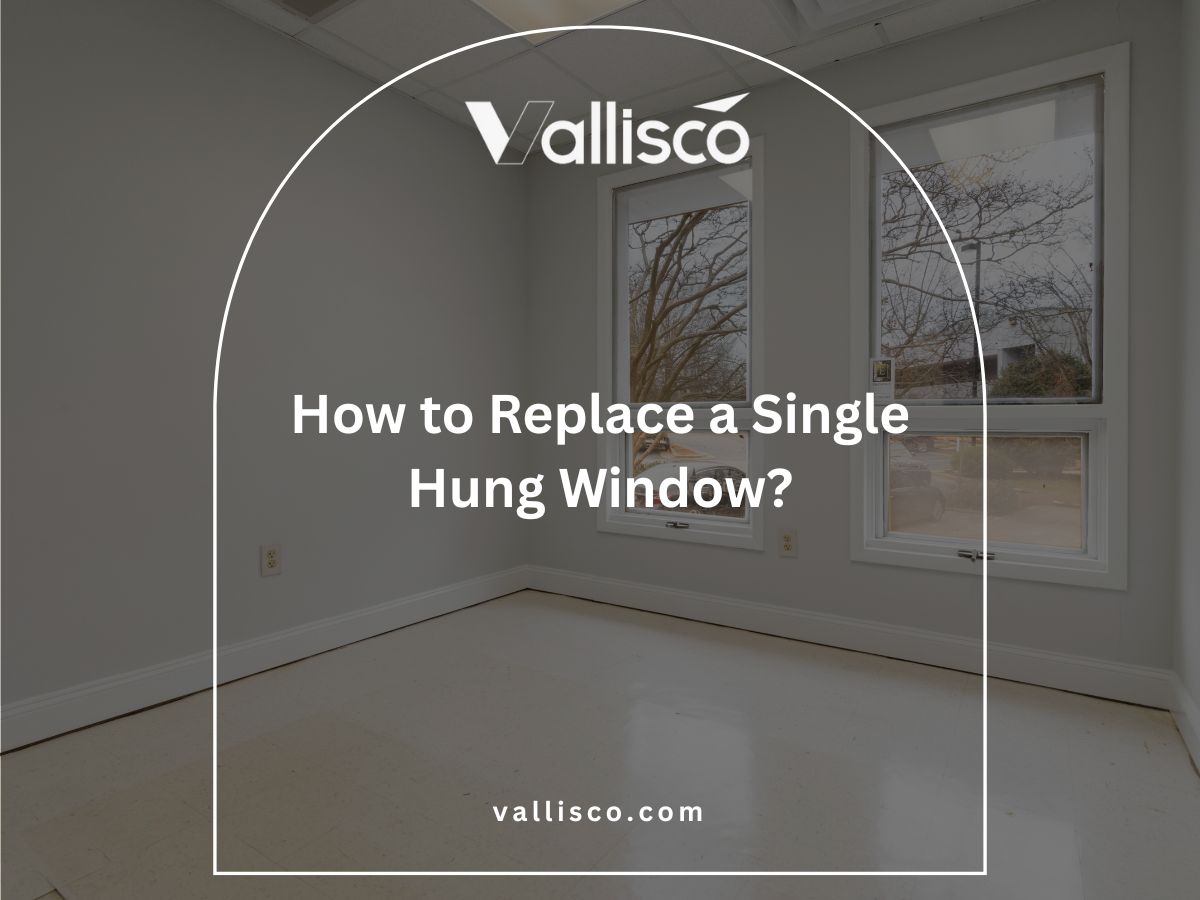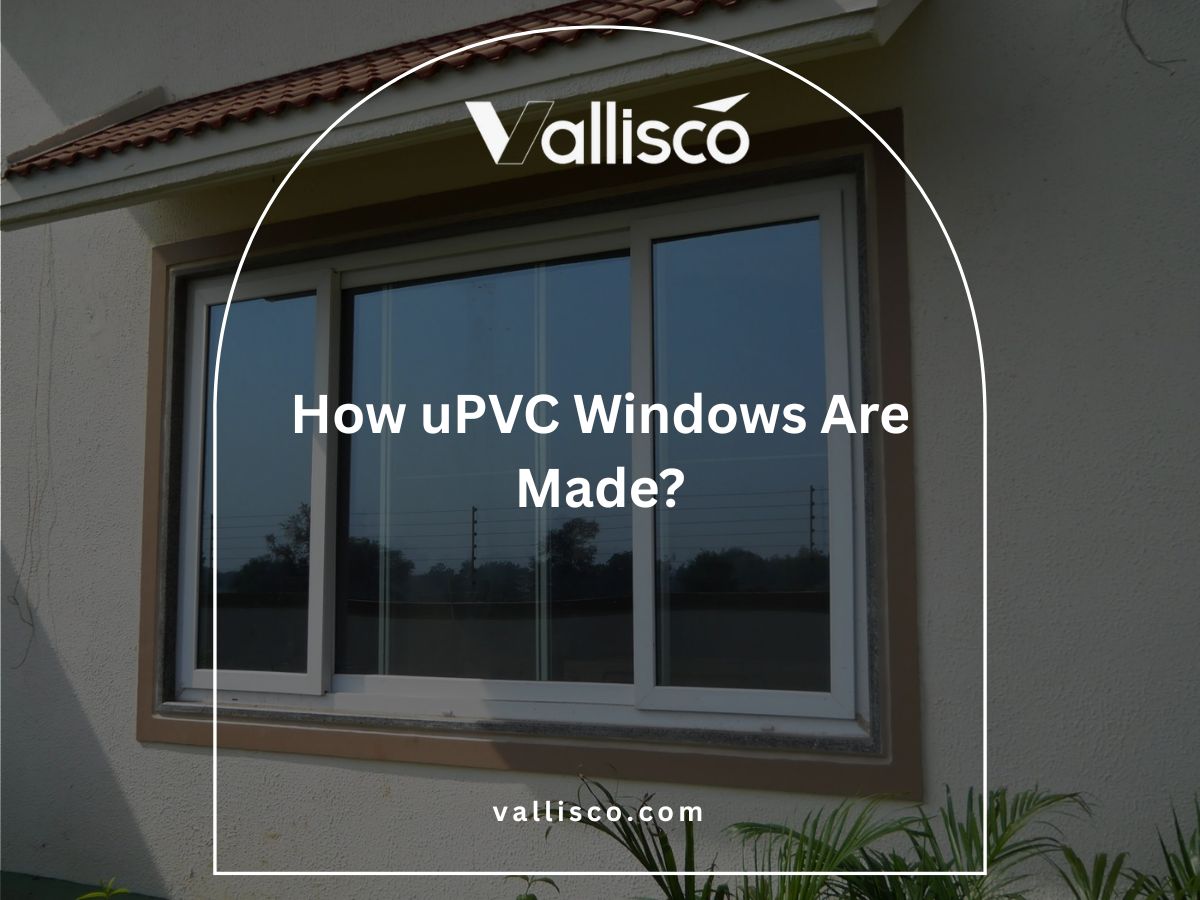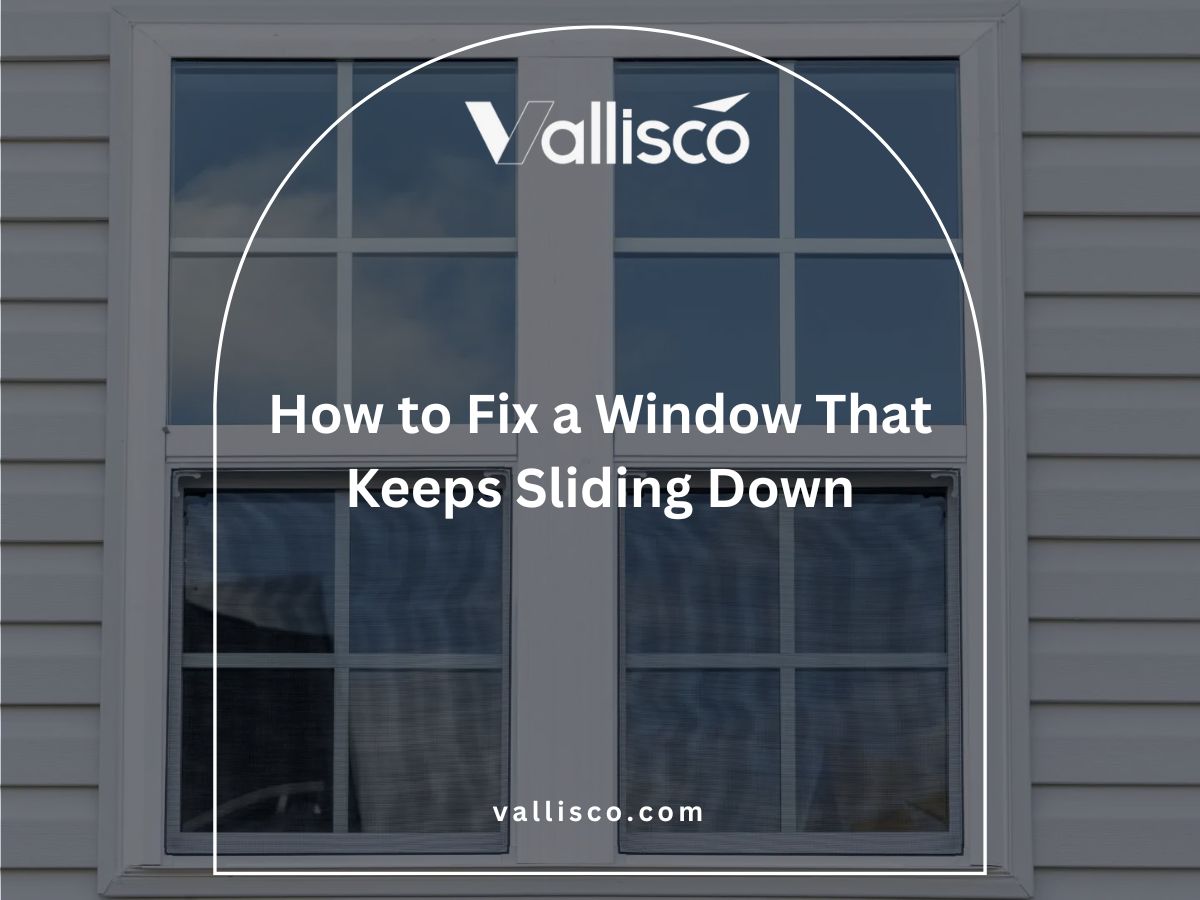I still remember a greenhouse project where the windows arrived scratched and poorly packed. Replacing them ate up budget and delayed planting season.
That moment showed me that not all suppliers treat business orders with the care they should.
Over the years, I’ve visited factories, reviewed product samples, and tracked supplier performance on real orders. I’ve compared delivery times, packing quality, and after-sales support to know which sources are worth your trust.
You’ll find a clear list of reliable window sources for business use. By the time you finish, you’ll know which ones are worth your budget.
Good windows are an investment in both time and quality.
So, let’s get started!
Quick Comparison Chart
Not sure where to begin? Here’s a quick glimpse at each buying channel, so you can see how they stack up, before we explore them one by one.
| Buying Option | Advantages | Disadvantages | Examples |
| Online B2B Procurement Platforms | Wide supplier pool. Quick ordering. Overseas sourcing options. | Quality uncertainty. Communication gaps. Scam risk. | Alibaba, Global Sources, Thomasnet |
| Local Building Supply Companies | Immediate stock. Easy communication. | Higher prices. Limited selection. | ABC Supply Co., Builders FirstSource, BMC Stock Holdings |
| Direct from Manufacturers | Full customization. Bulk discounts. | High minimums. Long lead times. Complex logistics. | Vallisco, Andersen Windows & Doors, Pella Corporation |
| Wholesale Window Distributors | Multi-brand options. Volume discounts. | Added costs. Limited customization. | Beacon Building Products, 84 Lumber, L&W Supply |
| Dealer Networks | Brand expertise. Local support. Exclusive models. | Higher pricing. Limited brands. Coverage gaps. | Marvin Authorized Dealers, Andersen Certified Dealers |
| OEM/ODM Window Fabricators | Brand control. Custom designs. Scalable production. | High costs. Long timelines. Complex management. | YKK AP, Shandong Huajian Aluminium Group, Foshan Wanjia Window & Door Co., Ltd. |
Ready to go deeper? Let’s walk through each of these channels in detail and figure out which one fits your needs.
1. Online B2B Procurement Platforms
I’ve used online B2B platforms to source windows when time was tight and the local options weren’t cutting it. These sites can open doors to suppliers you might never meet otherwise. Still, they work best if you know how to handle the process.
Advantages
- Wide Supplier Pool: You can compare multiple manufacturers without leaving your desk. This makes it easier to find options that fit your budget and timeline.
- Time Savings: Orders can be placed in minutes instead of spending days visiting showrooms. That means you can move faster on tight project schedules.
- Access to Overseas Options: These platforms let you reach suppliers outside your region. This can help when local sources are limited or too expensive.
- Transparent Pricing: Many listings show prices upfront. This lets you compare without waiting for multiple quotes.
- Search Filters: You can sort results by product type, material, or order size. This saves time and avoids scrolling through irrelevant listings.
Disadvantages
- Quality Uncertainty: Product photos and descriptions don’t always match what arrives. This can lead to costly returns or replacements.
- Communication Gaps: Language and time zone differences can delay updates. This can be a problem for urgent orders.
- Scam Risk: Some platforms still list unverified suppliers. Without checks, you risk losing money or receiving poor products.
Examples
- Alibaba: One of the largest global B2B marketplaces with thousands of window suppliers. It’s best for finding overseas manufacturers with competitive pricing, but quality checks are essential.
- Global Sources: Focuses on verified suppliers from Asia, often used for bulk industrial orders. The platform offers trade show connections and better screening compared to some open marketplaces.
- Thomasnet: Specializes in connecting buyers with North American manufacturers. It’s useful for businesses that want local sourcing and faster delivery times.

2. Local Building Supply Companies
Local building supply companies can be a dependable choice when deadlines are tight. I’ve gone to them for window orders that needed quick turnaround and hands-on communication. They make it easier to check quality in person before committing to a purchase.
Advantages
- Immediate Availability: Many keep popular window sizes and styles in stock. This means you can pick up or schedule delivery within days instead of waiting weeks.
- Easier Communication: You can speak directly with sales reps in your own language. I’ve found this helps solve issues faster when project specs change.
- Established Local Reputation: You can check with other businesses in your area about their experiences. This helps you choose suppliers with a proven track record.
- Support Services: Some offer measurement, installation, and after-sales support. These services can save you time coordinating with multiple vendors.
- No International Shipping Costs: You avoid freight charges and customs fees. This can keep your budget under control for larger orders.
Disadvantages
- Higher Prices: Local supply companies may charge more due to higher overhead and smaller purchase volumes.
- Limited Selection: Stock is usually limited to what sells well locally. Custom or specialized windows may still require special orders.
- Regional Availability Only: Their service area might not extend beyond a certain distance, which can be a problem for projects in multiple locations.
Examples
- ABC Supply Co.: One of the largest distributors in the U.S., offering a wide range of building materials including windows. Known for reliable delivery within local service areas.
- Builders FirstSource: Specializes in supplying contractors and builders with both stock and special-order windows. Their network makes it easier to source for regional projects.
- BMC Stock Holdings: Offers a mix of standard and custom window options. They also provide on-site support for larger construction projects.
3. Direct from Manufacturers
Buying directly from window manufacturers can give you more control over product specifications. I’ve done this for projects where we needed custom sizes, unusual materials, or special energy ratings. It takes more effort to set up, but it can pay off if you’re sourcing in larger volumes.
Advantages
- Full Customization: You can order windows built to exact size, material, and performance requirements. I’ve seen this save time on-site since the fit is right from the start.
- Better Pricing for Large Orders: Skipping middlemen can lower per-unit costs when ordering in bulk. This is especially useful for multi-building projects.
- Direct Communication With Production: You deal with the people making your windows, which helps reduce misunderstandings about specs.
- Consistent Supply: Long-term relationships with a manufacturer can give you priority during high-demand periods.
- Access to Latest Product Lines: Manufacturers often release new designs or technology to direct customers first.
Disadvantages
- Higher Minimum Order Quantities: Many manufacturers require large orders, which may not work for smaller projects.
- Longer Lead Times: Custom manufacturing can take weeks or months before shipping.
- More Complex Logistics: You may need to arrange freight, unloading, and storage yourself.
Examples
- Vallisco: Produces a range of high-quality windows for both residential and commercial projects. They are known for reliable lead times, consistent product quality, and strong support for bulk business orders.
- Andersen Windows & Doors: Known for a wide range of residential and commercial products, with options for custom specifications.
- Pella Corporation: Offers tailored designs and a strong selection of energy-efficient windows for business orders.
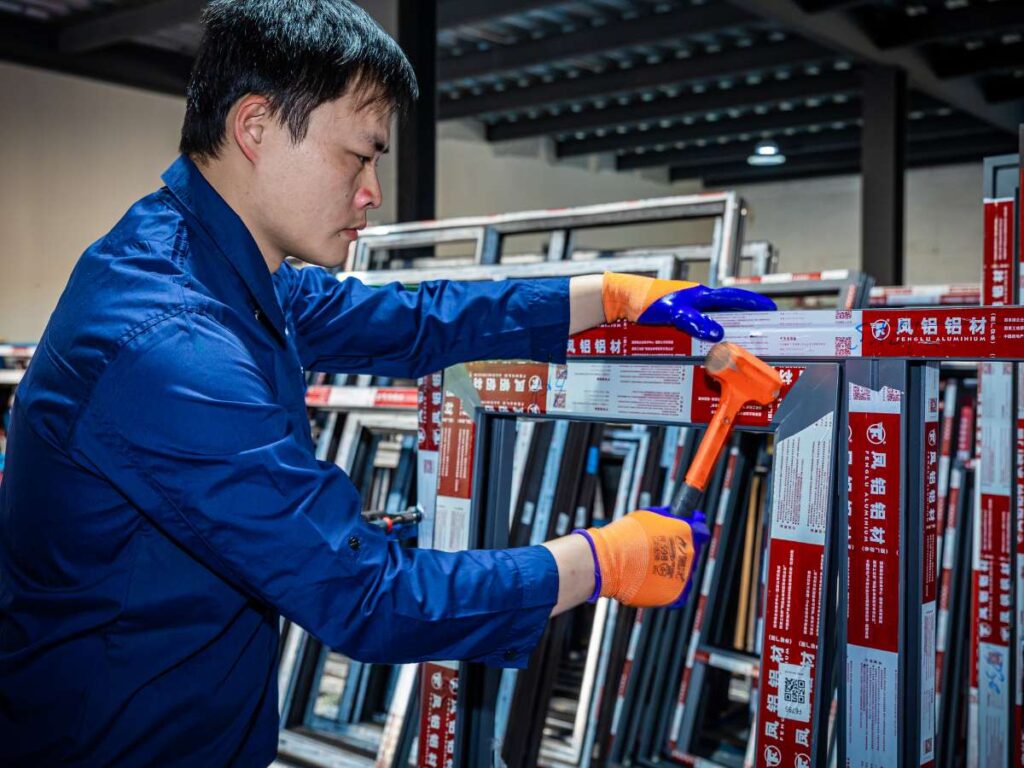
4. Wholesale Window Distributors
Wholesale distributors supply windows in bulk to businesses, often stocking products from several manufacturers. I know how much time it saves when you can source multiple brands from one place instead of contacting each company separately.
Advantages
- Multi-Brand Selection: You can source different window brands and models from one supplier. This means you avoid the hassle of contacting multiple manufacturers for the same project.
- Volume Discounts: Large purchases often qualify for lower per-unit costs. This is a strong advantage for businesses working on multi-site builds or seasonal demand spikes.
- Regional Warehousing: Many distributors have warehouses in several locations. This shortens delivery times and reduces transport-related risks.
- Streamlined Ordering: They coordinate with manufacturers on your behalf. You deal with one order, one invoice, and one delivery schedule instead of juggling multiple suppliers.
- Business Account Support: Distributors often assign dedicated account managers. They help with stock tracking, reordering, and handling urgent supply requests.
Disadvantages
- Middleman Costs: Prices can be slightly higher than buying directly from a manufacturer. This added cost comes from their handling, warehousing, and coordination services.
- Limited Customization: Distributors mostly carry standard window sizes and designs. Special requests may require a separate arrangement with a manufacturer.
- Stock Variability: Inventory levels can shift quickly based on market demand. You might need to secure orders early to avoid supply shortages.
Examples
- Beacon Building Products: Offers a wide range of windows from various brands. Known for consistent delivery schedules and strong contractor support services.
- 84 Lumber: Stocks multiple window product lines for both residential and commercial builds. Their large branch network makes sourcing faster for regional projects.
- L&W Supply: Focuses on supplying building materials for large-scale construction. Their partnerships with major window brands make them a dependable bulk source.
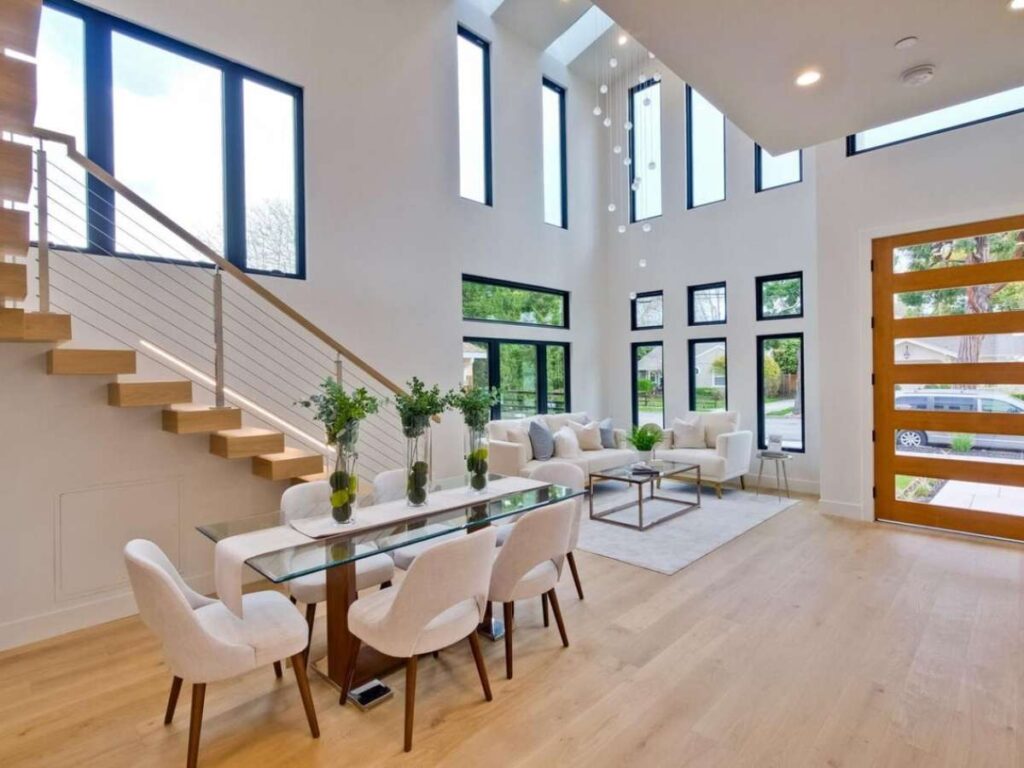
5. Dealer Networks
Dealer networks are groups of authorized sellers that represent one or more window brands. I like working with them when I need access to exclusive products and manufacturer-backed warranties. They’re a solid choice when you want professional guidance along with local support.
Advantages
- Brand Expertise: Dealers are trained by the brands they represent, so they understand the full range of products. This can save you time when matching the right window to your project’s needs.
- Local Support: Many dealers have showrooms or local offices. Being able to meet in person can make complex orders easier to finalize.
- Access to Exclusive Models: Some products are only sold through authorized dealers. This can give you options that aren’t available through general distributors.
- Installation Services: Many dealer networks offer certified installation teams. I’ve found this helpful for projects that require brand-specific installation methods to keep warranties valid.
- Warranty Handling: Dealers can process warranty claims directly with the manufacturer. This speeds up repairs or replacements when issues come up.
Disadvantages
- Higher Pricing: Exclusive products and added services often come with higher costs.
- Limited Brand Selection: You’re usually restricted to the brands the dealer represents.
- Regional Coverage Gaps: Some dealer networks have strong presence in certain areas but little coverage in others, which can limit availability for multi-location projects.
Examples
- Marvin Authorized Dealers: Specialize in Marvin’s premium window lines with trained staff and full warranty support.
- Andersen Certified Dealers: Provide access to Andersen’s full product range along with professional installation services.
- Pella Certified Dealers: Offer Pella’s exclusive designs and manage after-sales service directly with the manufacturer.
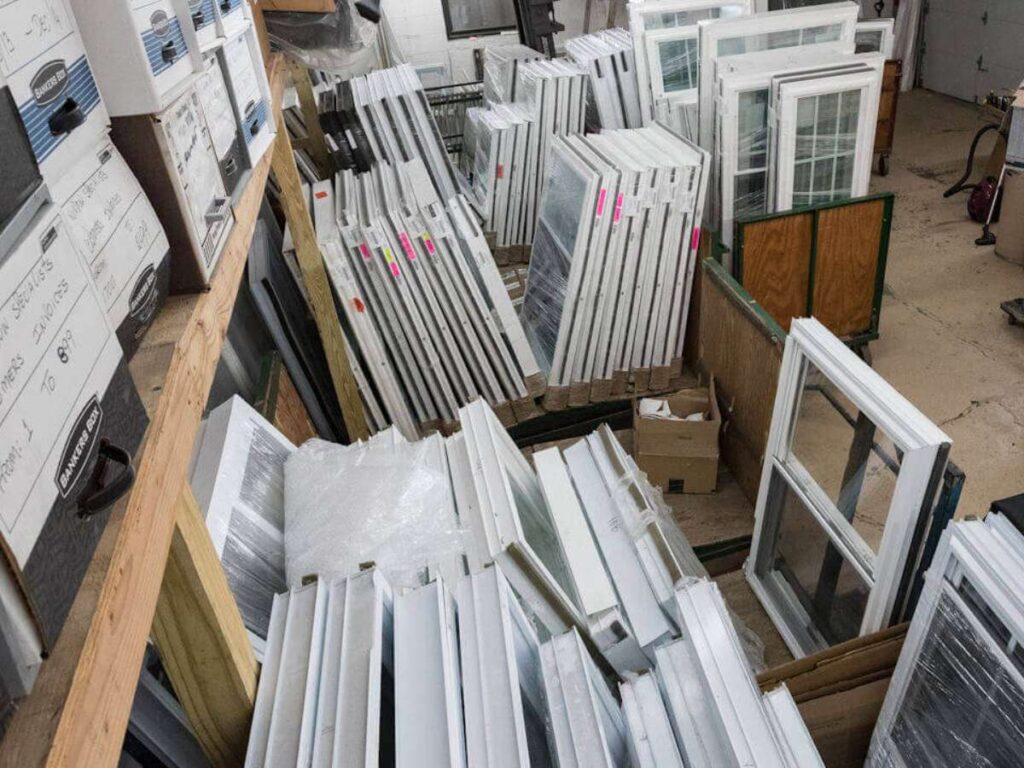
6. OEM/ODM Window Fabricators
OEM (Original Equipment Manufacturer) and ODM (Original Design Manufacturer) fabricators are the go-to choice when you want products made under your brand or to your specific design. I’ve worked with them on projects where branding and custom specs were just as important as performance. They require a bit more coordination, but they can give your business a real competitive edge.
Advantages
- Brand Control: You can have windows produced with your company’s branding and packaging. This helps create a consistent look for your product line.
- Custom Designs: OEM/ODM fabricators can match exact specifications for style, materials, and performance. I’ve seen this help businesses stand out in competitive markets.
- Scalability: Once the design is finalized, production can be scaled up quickly to meet growing demand.
- Technical Expertise: These fabricators have the engineering and design teams to develop new products from concept to final build.
- Exclusive Supply Rights: You can secure agreements to keep your designs from being sold to competitors, protecting your market share.
Disadvantages
- High Upfront Costs: Tooling, design work, and initial production runs require significant investment.
- Longer Lead Times for New Designs: Creating and testing a new design can add months before full production starts.
- Complex Project Management: Coordinating between design, production, and shipping requires close attention to detail.
Examples
- YKK AP: Offers OEM services for aluminum and vinyl windows with advanced engineering capabilities. Known for strong quality control in large orders.
- Shandong Huajian Aluminium Group: Specializes in OEM aluminum window fabrication for global markets. They handle large-scale production and export logistics.
- Foshan Wanjia Window & Door Co., Ltd.: Provides both OEM and ODM services, producing customized designs for commercial and residential projects.
7. 3 Factors To Consider When Choosing Where to Buy House Windows
Choosing where to buy windows isn’t just about picking a name from a list. I’ve learned over time that the right choice depends on your project type, timelines, and budget. Here are some factors to consider when choosing:
#1 Lead Times and Delivery Reliability
For business projects, missed delivery dates can throw off the whole construction schedule. You need a supplier with a track record of shipping when they say they will.Vallisco is known for meeting agreed timelines and keeping projects on track. Their ability to maintain consistent stock levels and coordinate logistics efficiently makes them a dependable choice.
#2 Product Quality and Compliance
Windows needs to meet both performance expectations and building code requirements. Checking for certifications and independent test results can confirm that products meet the necessary standards. Visiting a showroom or ordering samples is a good way to verify quality before committing to large orders.
Poor materials can lead to warranty claims and repairs that cut into profits. Choosing certified, well-built products reduces the risk of problems after installation.
#3 After-Sales Support
Strong after-sales service can save time and money when issues arise. Look for suppliers who respond quickly to repair or replacement requests.
Written warranty terms that clearly outline coverage and timeframes make it easier to resolve problems. A responsive support team also helps protect client relationships if something goes wrong. Reliable warranty service is just as important as the initial purchase.
Conclusion
The scratched and delayed windows on that greenhouse job are still a reminder. Choosing the right source matters more than most people think.
From procurement platforms to direct manufacturers, you now know where to look and what to watch for.
Vallisco stands out for consistent lead times and trusted quality. Make your next order one you do not have to worry about.
Contact us today and let’s talk about what your project really needs!
More Guides and Tips to Explore
For more helpful content, explore our collection of recommended reads:
Still haven’t found what you’re looking for? Don’t hesitate to contact us. We’re available around the clock to assist you.



